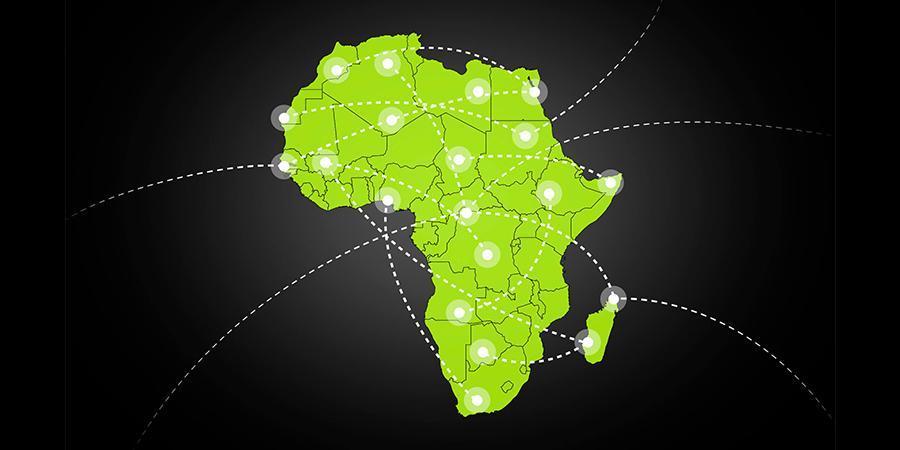Africa-Press – Botswana. The advent of Internet and social networks, which facilitate the production of content, are technological advancements that need to be embraced.
It is against this backdrop that media practitioners the world over adopted the theme; Reporting in the Brave New World – The Impact of Artificial Intelligence on Press Freedom and the Media, for the Saturday celebration World Press Freedom Day.
Speakers at the event held in Gaborone, Assistant Minister for State President Ms Maipelo Mophuting called on media consumers to adapt to the risks and advantages of the new technology that came with Artificial Intelligence (AI), because even though AI was crucial for the future of journalism, promising great opportunity, it also demanded greater responsibility.
“Artificial Intelligence, for all its potential, is a double-edged sword. Used responsibly, it can enhance fact-checking, improve accessibility and streamline production. But used irresponsibly, it can deepen the information crisis, enabling the spread of misinformation, disinformation, and malinformation at a scale we have never seen before,” said Ms Mophuting when giving remarks at the celebration of World Press Day held at Mass Media Complex following a morning walk.
Ms Mophuting urged Botswana journalists to lead by example, imploring them to uphold high ethical standards, accuracy, transparency and verification. These, she said were survival tools for any journalist to keep afloat. She said if used, the tools would restore public trust and distinguish journalism from noise.
“In this age of deep fakes and data breaches, our defence is integrity. As we reflect on the road ahead, let us be reminded that the task of journalism is not merely to report, but to illuminate, to challenge and to serve,” she said.
Additionally, Ms Mophuting said journalists must stand firmer in their resolve to seek truth, act ethically and earn the trust of the people in the world battling waves of misinformation and technological disruption. For that, he said, the media was not just a mirror to society, but a moral compass, a defender of democracy and a vessel of accountability.
She said government recognised that for democracy to thrive, the media must be free. That is why government has opened doors and minds to engagements through consultations with key stakeholders such as Media Institute of Southern Africa (MISA) Botswana Chapter and the Botswana Editors Forum; with conversations ranging from ‘law reform to media sustainability, to how emerging technologies such as artificial intelligence are reshaping the way we gather and share information.’ The process of reforming the legal frameworks that govern media practice has started, she said.
However, Ms Mophuting said reforms could not be from government alone without partnership with the media. “The soul of journalism lies not in laws, but in the conscience of its practitioners,” she said.
Expanding on AI, MISA Botswana chapter chairperson, Mr Thomas Nkhoma said technology was rapidly transforming journalism as it offered exciting tools such as automated reporting, content generation and fact-checking. “But it also presents serious risks. The spread of deep fakes. Algorithmic bias and synthetic misinformation challenge the very notion of truth,” Mr Nkhoma said.
He said the responsibility of journalists was heavier than ever in the age of information disorders, where misinformation, disinformation and malinformation blurred the lines between truth and falsehood. However, he said journalists remained indispensable in this new world; not just for what they report, but for how they apply context, judgment and compassion in telling their stories.
“Verification is no longer just a step in the process, it is a moral obligation, but truth-telling comes at a cost,” Mr Nkhoma said.
He said journalists the world over continued to grapple with media sustainability; where shrinking revenue streams, collapsing advertising models and low wages had left many newsrooms under-resourced and overworked. He said improving wages and working conditions, investing in training and upskilling as well as exploring innovative models of media sustainability was essential.
Therefore, he said governments, the civil society, private sector and media owners must come together to secure the future of journalism ‘not only in the newsroom, but across the entire value chain’. Mr Nkhoma acknowledged government’s commitment to transforming the media space, describing it as a progressive step.
Meanwhile, a message from UNESCO, which proclaimed World Press Freedom Day in 1993, reaffirmed its commitment to supporting journalism and independent media, and to protecting and training journalists working in conflict-affected areas.
On AI, UNESCO is of the view that it has the potential to improve gathering of and the verification of information and that it can also jeopardise independent journalism and undermine the plurality of online content.
For More News And Analysis About Botswana Follow Africa-Press






